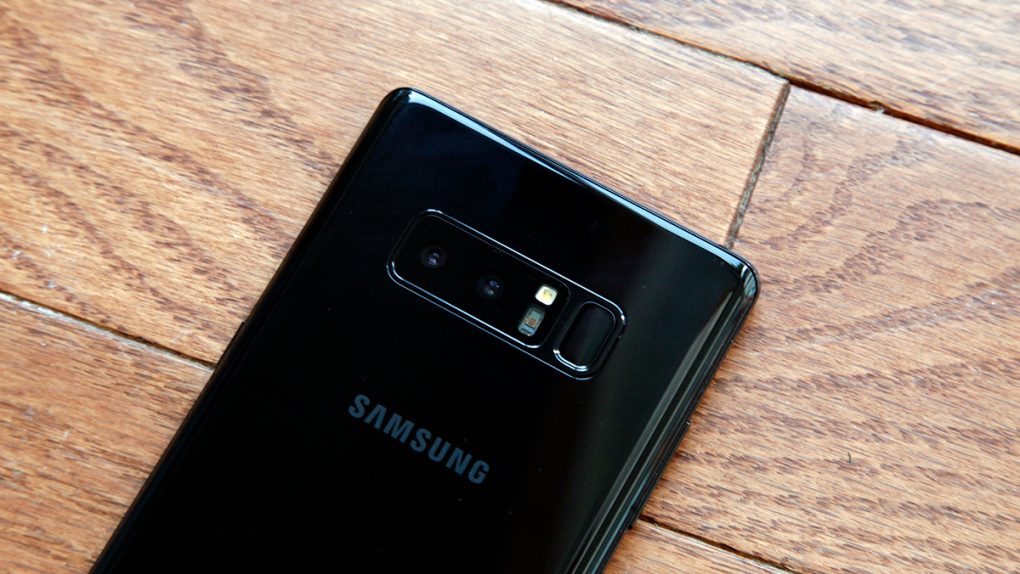Around this time last year, most rumors said that Apple would do something no other smartphone maker was capable of with the the iPhone X. It turns out Apple did, but not the way we thought. The iPhone X is the only smartphone out there to feature a sophisticated 3D facial recognition system, which Android makers will now try their best to copy.
But the phone doesn’t feature the in-display fingerprint sensor those rumors kept mentioning. Since then, Synaptics announced that its own solution to place a fingerprint sensor under the screen is available for mass consumption, and a Chinese smartphone maker has already launched a device with the sensor under its screen. But Samsung’s Galaxy Note 9, which was rumored to feature an in-display fingerprint sensor as well, will apparently skip it.
So says The Bell in a report detailing the struggles of the South Korean giant as it tries to make the technology work. The fingerprint sensor will be found on the back of the Galaxy Note 9, the report says, as Samsung continues to study in-display sensor tech for future models.
The company partnered with a number of sensor providers two years ago for the required components, but various technical difficulties prevented Samsung from using them in its flagship handsets. Samsung has been looking at two different in-display fingerprint scanning solutions that would deliver a reliable user experience, including optical, capacitive, and ultrasound sensors. Neither type works as expected.
Optical sensors have lower accuracy, as the user’s finger doesn’t touch the actual sensor, and the information must be captured through semi-transparent OLED screens. Capacitive sensors, meanwhile, have higher accuracy than optical sensors but they’re less durable.
Using ultrasound might be the way to go, and Apple has toyed with the same idea in the past. This method has high accuracy and presents no durability issues. However, it’s more expensive to make, and yields are lower than they need to be for a phone as popular as the iPhone. But the main reason for not using it right now is that it’s slower to perform fingerprint scans.
Sources in the industry said that Samsung has partnered with multiple sensor providers, but it’s narrowing down the number to only a handful of companies. Samsung’s LSI, Qualcomm, EJS Tech, Beyond Eyes, and Synaptics are apparently still involved. The same sources said that it’s not likely for the technology to be commercialized this year, but Samsung might do it next year.







